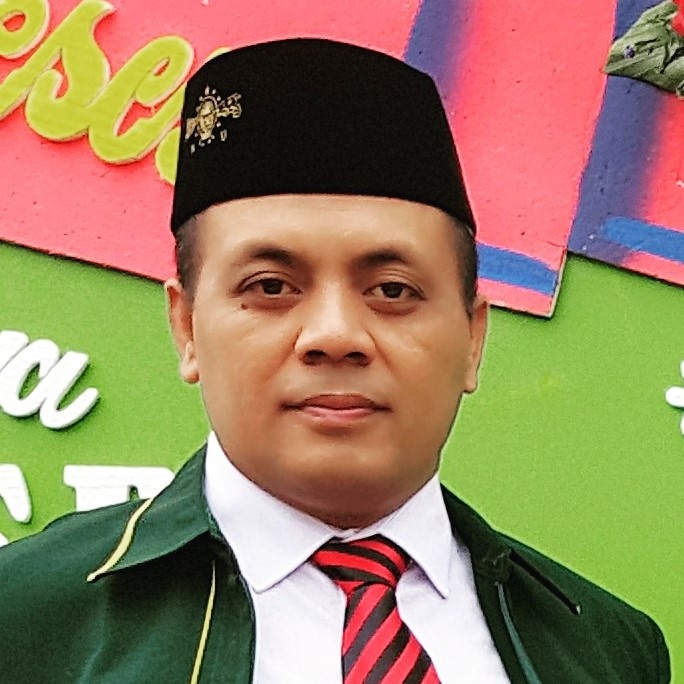A viral thread on Twitter written by Firman Syah Ali, @Antonius061, has captured the condition of residents in Madura facing coronavirus.
Entitled “Mati Corona Ala Madura” or Killing Corona Madura Style, Pamekasan regency’s condition seems normal during the PPKM level 3, although the number of COVID-19 patients is currently increasing.
Firman, who is also the daily manager of the NU Ma’arif East Java, explained that the reason he wrote about the death of coronavirus in the style of Madura was that the conditions in Pamekasan were fine as if people are not afraid of the virus.
“Not only Pamekasan, but Bangkalan is still normal. People there believe in the existence of COVID-19, but they try their best not to hear the words about corona and such,” he said.
“For the Madurese, corona is like a devil. The more you remember or say it, the more frightening it can be. Because the Madurese really believe in Allah SWT, the more you say it, then there will be wirid’an (a collection of prayers that are read after prayer).
So, it’s better not to say and remember it,” he continued.
Here is the full text of the thread:
“Lately, a lot of people have died in Madura, among them are relatives, neighbours, school friends and even my ex. I heard some of the news of the deaths myself directly through the mosque’s loudspeakers, some through guest stories during my self-isolation, but mostly, I read about them on social media.
As long as I was in self-isolation, I didn’t leave the house at all. I was in the Bani Hasyim Seccang Tanean Lanjang complex, Plakpak village, Pegantenan district, Pamekasan regency. As soon as I finished self-isolation, I left the house.
As soon as I left the house, I was surprised to see normal residents’ activities continuing as usual, even though the sad news kept pounding from end to end. The Blumbungan market is still busy and even jammed, people are relaxed and cheerful without masks, mosque charities are shouting with funny sentences.
Turning left towards Aeng Pennay, I met a large group of expats without masks, some of them riding in a crowded pickup truck without masks, having fun. I visited my cousin’s house; he just came back from tahlil (a form of dhikr).
I asked, “what kind of sickness are you praying for?”, he casually replied, “the sickness we have now”, (laughs) the term is not corona in Madura, but “the current disease”.
They have not reported to the public health centre, they were bathed normally, and they were given regular prayers and lectures, so they were not included in the official data for coronavirus victims in the local district. After the prayers, some neighbours and relatives of the deceased have died as well, but they are still not deemed to be from coronavirus; they are said to have died from “the current disease”.
There are even more extreme ones, called death of shortness of breath, death of capo’ cap (influenza), and many other terms. The point is, Madurese people, avoid the term corona which automatically avoids the COVID-19 protocol for the bodies of their family or neighbours.
Even recently, in Pamekasan, a new tradition emerged, namely to stop broadcasting mourning news through loudspeakers. Even in several WhatsApp groups of the Madurese community, I faced hostility and was scolded a lot for always posting sad news, even though the people I posted the sad news about were people they knew, too.
Finally, I thought maybe this is a Madura way to protect themselves from killer attacks on their immunity. They don’t want their immune system to collapse because of hearing the name corona, health protocols, and sad news. They want to pretend it doesn’t exist. Or maybe this is the way to achieve Madura’s natural herd immunity? Wallahu a’lam.
Yes, as in all other events, Madurese always have their own way. When I wrote this, I was sitting, relaxed at my cousin’s house while listening to dangdut music from his neighbour who was celebrating his birthday.
There were so many invitations, none of them wore masks nor kept their distance. Even though Shohibul Hajat’s neighbour recently passed away due to “shortness of breath” or “panyaket se sateyah”. And it happened everywhere, not only near my cousin’s house”




